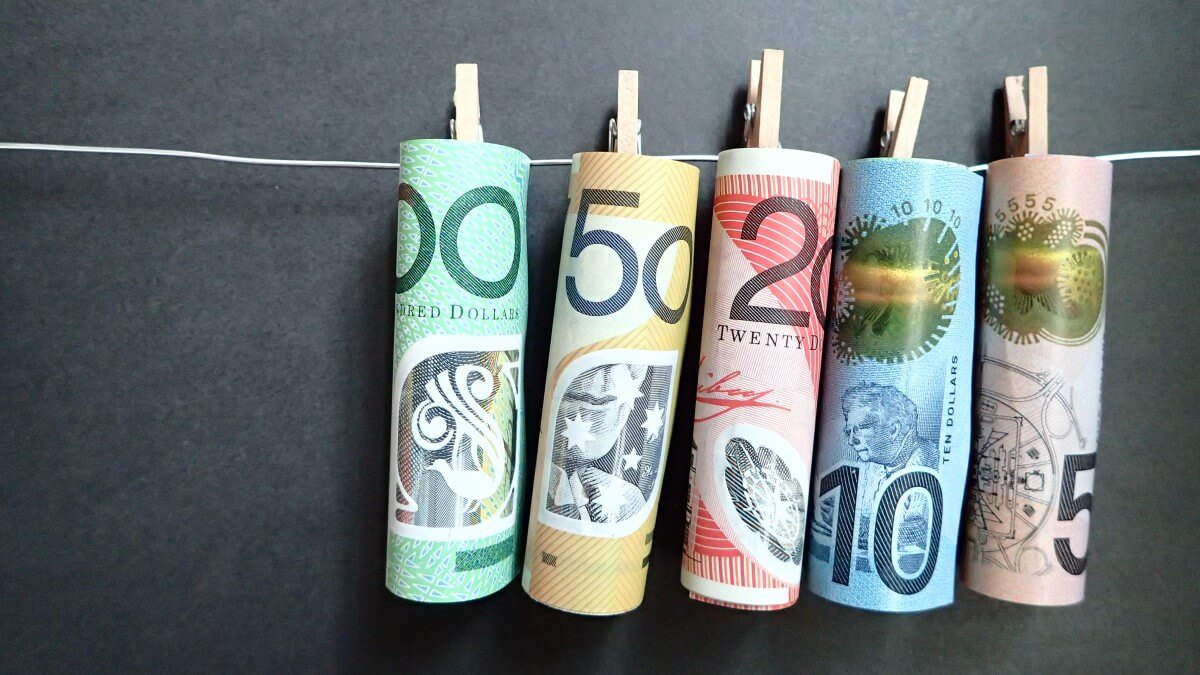The Euro plummeted down for a second straight day on Tuesday. European Central Bank President Christine Lagarde announced that there is no need for significant monetary policy tightening in the eurozone, sending the currency in the red.
Bond yields soared, and the common currency showed its best weekly performance since March 2020 last week. That was after the ECB opened the door to an interest rate hike later in 2022. Analysts noted that a March 10 meeting would likely be key in deciding how quickly the central bank would wind down its long-term bond-buying scheme.
The markets were surprised by the ECB’s hawkish twist, though. The bank’s comments sent yields on peripheral debt, especially Italy, higher on Monday as traders were concerned about the impact of faster-than-expected monetary tightening on the bonds of the most indebted countries.
However, on Monday, Lagarde was more cautious, stating that high inflation is unlikely to get entrenched and pushing the common currency lower. Consequently, the Euro tumbled down by 0.3% in early trading on Tuesday, struggling to remain above the $1.14 levels.
Unicredit strategists noted that traders are well aware that, once the markets absorb the ECB “shock,” policy rates will climb much more in the United States than in the eurozone over the coming months.
Forex markets priced in as much as 134 bps in cumulative rate hikes from the U.S. Federal Reserve over the rest of 2022. Meanwhile, economists expected 50 bps in hikes from the ECB over that period.
Despite such forecasts, the short-term outlook has moved in favor of the Euro. At the same time, the widely watched bond yield spread between U.S. and German 10-year debt narrowed in late January to around 170 bps from a 194 bps, which was April’s high.
What about the U.S. dollar?
On Tuesday, the U.S. dollar index climbed up by 0.3% to 95.67 after declining slightly. The Australian dollar had posted some gains during the previous session as equity markets soared in Europe. However, it was a bit softer on Tuesday due to a cautious mood prevailing in Asia. At last, the Aussie traded broadly flat at $0.7127.
Meanwhile, Asian currencies were also largely flat on Tuesday as market players placed cautious bets ahead of the U.S. inflation data. The Thai baht held a narrow lead, supported by talks on bilateral travel bubble deals with China and Malaysia to bolster its economy.
Overall, the baht strengthened by 0.2%, and stocks gained 0.3% as the government worked to help the tourism-reliant economy recover in the face of surging new coronavirus cases. Currently, investors are looking forward to a central bank policy meeting due on Wednesday.
What are analysts saying?
The market players are feeling more nervous ahead of the U.S. CPI data on Thursday and as the dollar index jumped higher – noted Poon Panichpibool, a market strategist with Krung Thai Bank. At the same time, the Chinese index tumbled down to a 19-month low on Tuesday, souring sentiments. Traders fretted over the prospect of the U.S. authorities adding more Chinese entities to the export control list.
Panichpibool also added that sell-off in Chinese stocks, both H-shares, and A-shares, also hurt overall market sentiments. It contributed to weakness across Asian currencies this afternoon, as well.
Still, both the greenback and Euro had eased overnight after European Central Bank President Christine Lagarde calmed market expectations of a quick rise in interest rates.
A strategist with IG noted that growing bets of a 50 basis-point hike came after the U.S. non-farm jobs report. Traders will likely continue to seek validation from the upcoming key U.S. CPI data to see if it is warranted in March’s agency meeting.
After President Moon Jae-in’s announcement, the South Korean won surged by 0.3%, leading gains. He declared that the country’s economic policies should focus on stabilizing consumer inflation, as well as managing household debt. The higher interest rates have made repayments more onerous in the country.
Meanwhile, a survey showed that investors expect Indonesia’s central bank to raise rates faster as concerns mount about a weaker rupiah. Despite that, Indonesia’s rupiah edged up by 0.1% on Tuesday, while stocks declined slightly, dropping by 0.1%.
Singapore’s Straits Times index benchmark climbed up 0.81% today, outperforming most of its peers. Furthermore, the latest SGX fund flow data recorded the fifth straight week of net institutional inflows. That marks the largest weekly inflow since March 2021.
Read also: CryptoIFX Review (2022) | Is it a good Forex broker?











